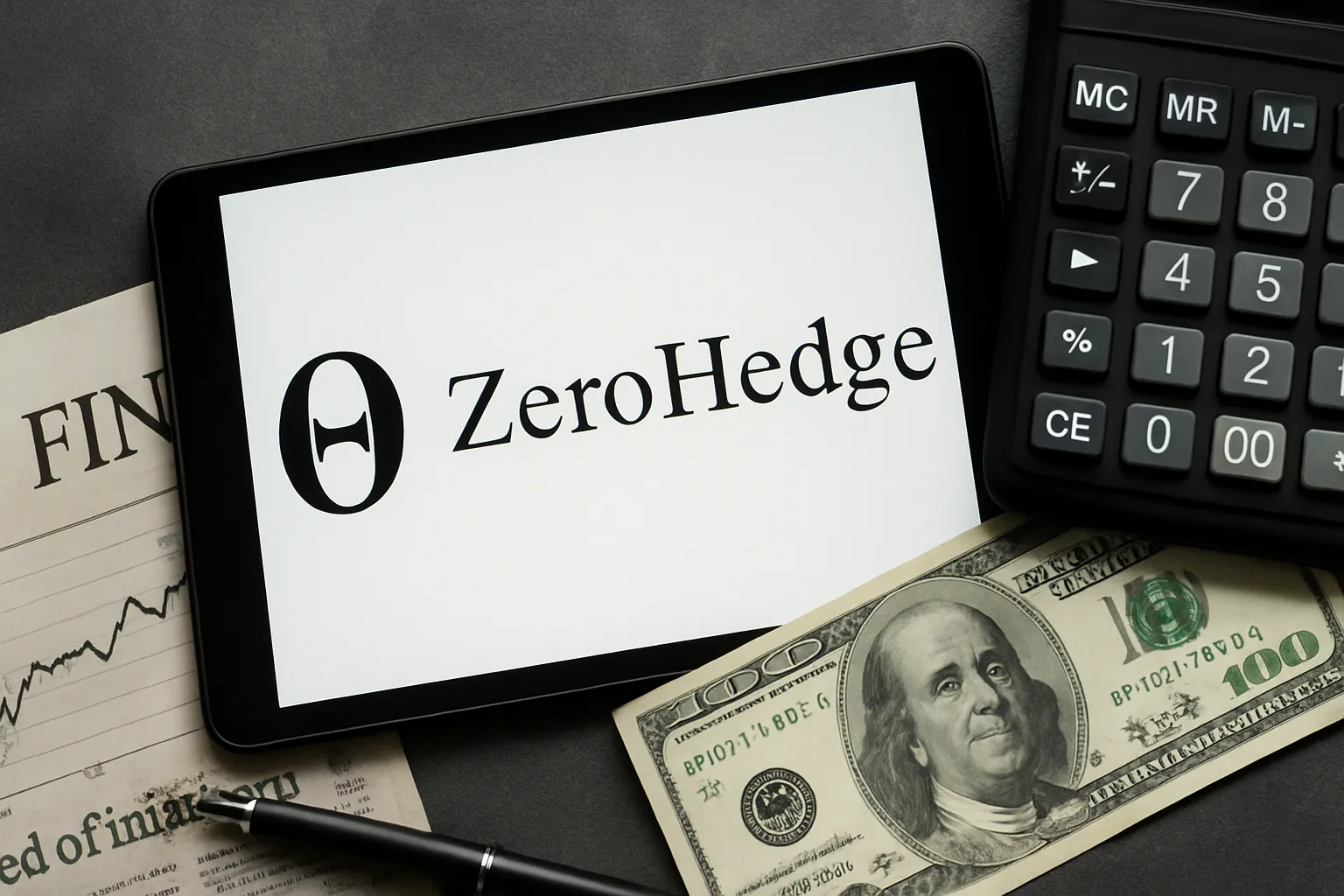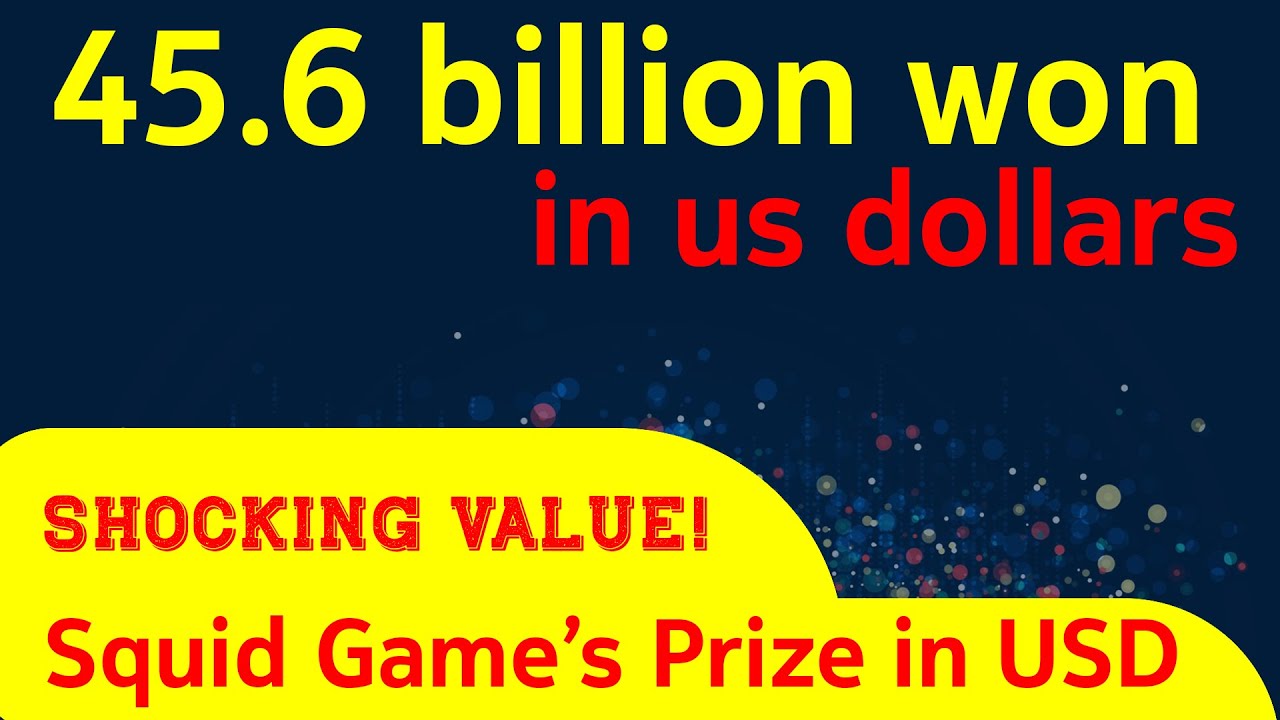In the ever-evolving landscape of global finance and digital journalism, ZeroHedge has carved a unique position as a source of raw, often controversial, and always unfiltered insights. It is a platform that challenges conventional narratives in economic reporting and financial commentary. Unlike mainstream outlets that focus on balanced or institutionally approved perspectives, ZeroHedge thrives on offering an alternative view that blends market data, anonymous contributions, and bold analysis. For many readers, this site is more than just another financial news outlet; it is a hub where critical thinking, skepticism, and unconventional market interpretation thrive.
The appeal of ZeroHedge lies in its willingness to question the accepted norms of financial reporting. It has managed to capture the attention of investors, economists, and even casual readers who want to look beyond headlines and dig deeper into what drives the world’s markets. Its rise demonstrates how the digital age has reshaped not only how news is delivered but also how it is consumed and debated.
The Origins and Evolution of ZeroHedge
ZeroHedge was launched in 2009 during a time when the global financial system was in turmoil following the 2008 economic collapse. The creators of the platform envisioned a space where traditional reporting could be challenged with sharp critiques, insider perspectives, and data-driven commentary that did not shy away from uncomfortable truths. It began as a niche blog, operated under the pseudonym “Tyler Durden,” a name borrowed from the cult classic film Fight Club. The choice of this pseudonym reflected the rebellious and anti-establishment ethos that would become the foundation of the platform.
Over time, ZeroHedge expanded from a small community of finance professionals and skeptics into a mainstream alternative source of financial information. Its reputation grew because it consistently broke stories that many larger outlets avoided or downplayed. In particular, during the European debt crisis and later in global market upheavals, the platform’s coverage attracted readers seeking explanations that went beyond surface-level analysis.
What Makes ZeroHedge Distinct
ZeroHedge stands out from traditional financial news outlets in several important ways. First, it prioritizes speed and depth, often posting rapid commentary on breaking events while simultaneously offering in-depth discussions about long-term market risks. The combination of immediacy and insight makes it appealing to traders who need real-time perspectives as well as to academics or policy analysts interested in more thorough breakdowns.
Another unique trait is its anonymous authorship. Articles are published under a collective pseudonym rather than byline credits, giving the platform a unified voice. This anonymity has sparked debates about transparency and accountability, but it has also allowed the contributors to speak freely without the constraints often imposed by professional reputations or affiliations. The result is content that is raw, candid, and often provocative.
The Style and Tone of Reporting
The tone of ZeroHedge articles is markedly different from mainstream media. Rather than presenting financial news with detached neutrality, it frequently uses sharp language, irony, and even cynicism to highlight contradictions in policy decisions, market moves, or media narratives. This stylistic approach resonates with readers who are disillusioned with what they perceive as sanitized or overly optimistic coverage by traditional outlets.
The site does not hesitate to criticize central banks, government policies, and large financial institutions. It has become known for skeptical takes on Federal Reserve actions, European monetary policy, and corporate maneuvers. This approach offers readers an alternative framework to understand events, one that emphasizes risk, hidden agendas, and the systemic fragility of global markets.
ZeroHedge and Market Transparency
At its core, ZeroHedge appeals to those who value transparency in markets. The platform constantly highlights aspects of financial systems that are often hidden from everyday reporting. Whether examining liquidity crises, debt structures, currency interventions, or shadow banking activities, its articles aim to expose elements that can influence economies but remain buried in technical jargon.
This transparency-focused approach has earned ZeroHedge a devoted following among traders and independent analysts who use its insights to form their own strategies. Even though not every prediction or analysis proves accurate, the platform provides an environment where alternative viewpoints can be debated and tested against real-world events.
Criticism and Controversy
Like any media outlet that thrives on bold claims and unconventional narratives, ZeroHedge has faced its share of criticism. Some accuse it of promoting alarmism, highlighting worst-case scenarios rather than balanced probabilities. Others argue that its anonymity undermines journalistic credibility. Regulatory authorities and certain media watchdogs have also questioned whether the platform occasionally blurs the line between opinion and news reporting.
Despite these criticisms, ZeroHedge continues to flourish. Its success demonstrates that there is a large audience eager for perspectives that differ from conventional reporting. In many ways, the controversy itself fuels its popularity. Readers are drawn to platforms that challenge authority and force them to think critically about the structures shaping global markets.
The Global Impact of ZeroHedge
The influence of ZeroHedge extends far beyond its immediate readership. Its articles are frequently shared on financial forums, cited in debates among policymakers, and even discussed in mainstream outlets when stories gain traction. The platform has helped popularize the idea that financial markets are not as transparent or fair as often presented. By constantly questioning motives behind monetary decisions, it has encouraged a broader culture of skepticism in financial discourse.
Internationally, ZeroHedge’s reach has grown due to its global coverage. It regularly addresses issues in Asian markets, European debt dynamics, and geopolitical tensions that affect currencies and commodities. In a world where financial systems are interconnected, this broad scope ensures its relevance to audiences across continents.
The Role of ZeroHedge in the Digital Media Era
ZeroHedge is part of a larger movement in digital media where independent and alternative voices challenge traditional gatekeepers of information. In an age where algorithms shape consumption and social media amplifies content, the platform’s sharp tone and contrarian stance have helped it thrive. Its growth illustrates how digital readers increasingly seek sources that align with their skepticism and curiosity rather than rely solely on legacy institutions.
The rise of platforms like ZeroHedge also highlights the democratization of financial knowledge. Once, financial insights were largely confined to elite circles and professional analysts. Today, anyone with internet access can read and engage with detailed breakdowns of market trends. While this democratization raises questions about quality control, it has undeniably expanded participation in financial discourse.
ZeroHedge’s Relationship with Its Audience
One of the most defining aspects of ZeroHedge is its relationship with readers. The platform encourages active participation through comments and community discussions. This interactive model creates a sense of belonging for readers who feel alienated from mainstream economic conversations. Instead of passively consuming news, readers become part of a larger dialogue that shapes interpretation of global events.
This community-driven approach also enhances the platform’s resilience. Even when faced with criticism or censorship attempts, the loyalty of its audience sustains its influence. For many readers, ZeroHedge is not just a news source but a shared space where alternative perspectives can flourish.
ZeroHedge as a Cultural Phenomenon
Beyond its role as a financial news outlet, ZeroHedge has become a cultural phenomenon in its own right. The pseudonymous authorship, the rebellious ethos, and the consistent willingness to question authority have made it emblematic of a broader distrust in institutions. It reflects a growing trend where individuals seek truth outside traditional power structures and prefer voices that are unafraid to speak against the tide.
In this sense, ZeroHedge is more than a media platform. It represents a mindset—one that values skepticism, independence, and the pursuit of hidden knowledge. Its legacy may ultimately be less about specific predictions and more about the way it has empowered readers to ask difficult questions.
Conclusion: The Enduring Relevance of ZeroHedge
ZeroHedge has grown from a small, anonymous blog into a global force in financial reporting and market analysis. Its unique style, contrarian tone, and fearless approach to unfiltered news have given it a lasting relevance in the digital era. Despite criticism and controversy, it continues to attract millions of readers who appreciate its alternative voice in a world dominated by mainstream narratives.
The enduring appeal of ZeroHedge lies in its ability to provoke thought, challenge assumptions, and shed light on aspects of global finance that others ignore. In doing so, it has transformed the way many people approach financial news and market insights. Whether one agrees with its conclusions or not, there is no denying that ZeroHedge has become a defining player in the modern media ecosystem—one that thrives on its unfiltered, unapologetic approach to financial journalism.



